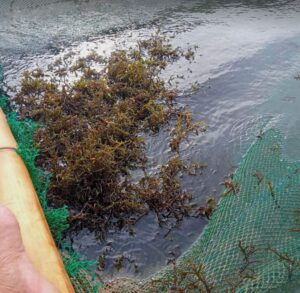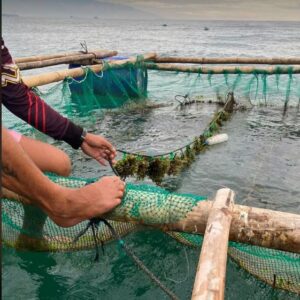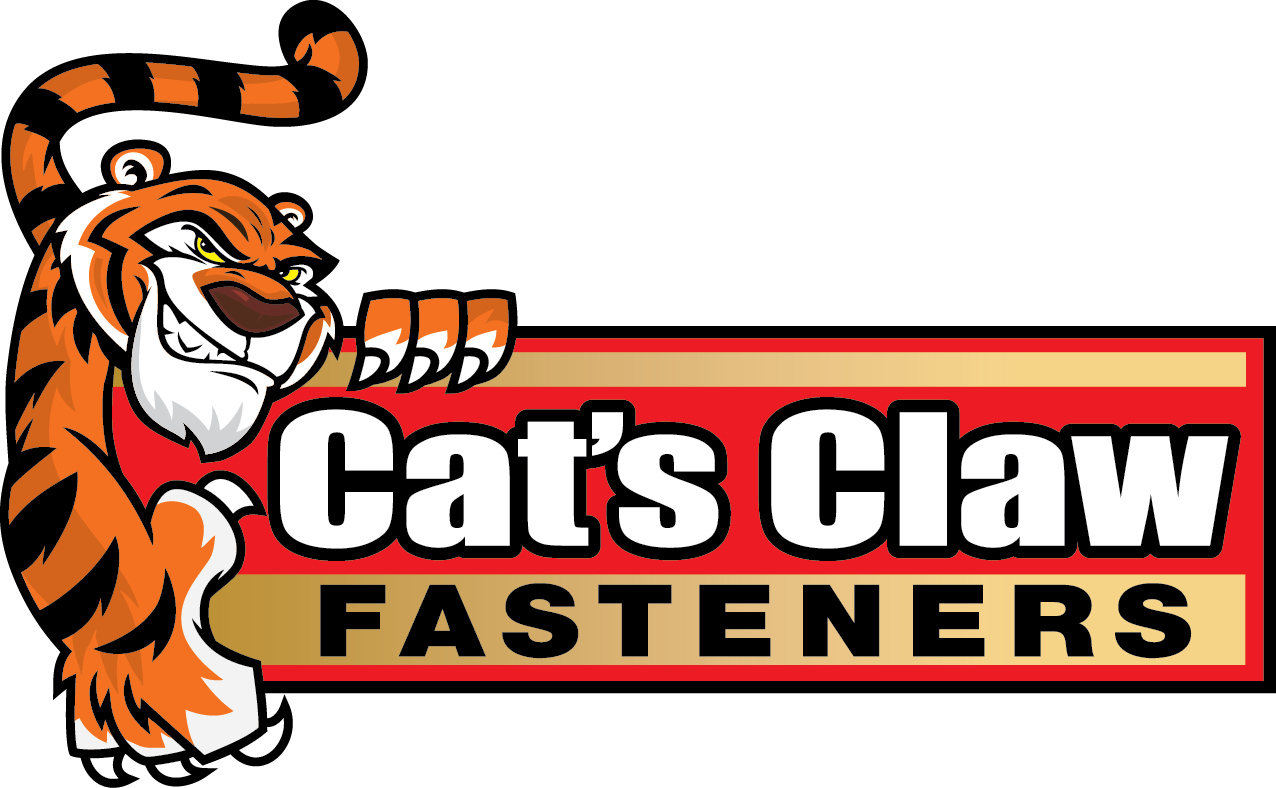Seaweed farming is a rapid growing industry in the Philippines, it provides an important source of income in many communities. While seaweed farming can be great business, it is important to ensure the safety of the seaweed in many aspects. One of the protective measures a seaweed farm can have is applying fencing hardware. The fencing for seaweed farm comes in different levels of efficiency and effectiveness that in turn will play a role in the sustainability of the farm.
Seaweed farming has been around for many years and has been used for different purposes. Applying fencing for the seaweed farm is a common thing to do to protect the seaweed. Recently, seaweed has gained popularity for its contribution to industrial use and as a food source. We will explore the two popular types of seaweed in the Philippines, their uses and the process for seaweed farming.

In the Philippines, popular types of seaweed can be categorized into two groups, the ones used for industrial purposes and the ones used for food consumption. The scientific name for seaweed used for industrial purposes is Kappaphycus alvarezii, while the scientific name for seaweed used for food consumption is Eucheuma cottonii. In this blog, we will focus more on the industrial use of the seaweed.
Seaweed farming this thought to contribute to climate justice. The seaweed helps absorb the ocean carbon, which in turn helps balance the ocean ecosystem and lessen the rising of the sea level. Seaweeds are stitched together and processed to create products such as biodegradable plastics.

One of our Cat’s claw members Junie has a seaweed farm for industrial use. He started in February 2022 after he gained money from freelancing. After harvesting, Junie dries the seaweed under the sun and then exports it to foreign companies for processing. The dried seaweed is usually exported to China as an additive for biodegradable plastic to reduce hazardous waste. Even if the plastic is burned, it will not be hazardous because it is made of organic materials.
While it has long been used as a food source in many cultures and an industrial use like Junie’s seaweed, this crop also has several other uses, including as a natural fertilizer One of the advantages of using seaweed as a fertilizer is that it is completely natural and environmentally friendly. Unlike synthetic fertilizers, seaweed does not contribute to pollution or harm beneficial soil organisms. Additionally, seaweed can be sourced locally, reducing the carbon footprint associated with transportation.
Seaweed farming can help to restore degraded coastal habitats and promote biodiversity. Seaweed provides habitat and food for a variety of marine organisms, including fish, crustaceans, and sea birds. Seaweed farming can also help to prevent erosion and protect coastal ecosystems from the impacts of climate change.
Several factors affect seaweed growth including the temperature of the water, depth of the seaweed growth, and the presence of fish (they love to have seaweed around as they use for a breeding ground/sanctuary). The temperature of the water must be within a specific range, and it should not be affected by the outflow from riverbanks. The depth of the seaweed growth must be 10-15 meters deep and it is ready for harvest after 30 days.
Seaweed farming is a sustainable industry that has numerous benefits. Some scientists believe seaweed farming contributes to climate justice by helping absorb ocean carbon and balancing the ocean ecosystem. Although it requires significant manpower and labor cost, the benefits of seaweed farming outweigh the challenges. Seaweed farming is an excellent way to contribute to a sustainable future.
About the writer:

Ralph Lim
Ralph is from the Philippines, where he leads a dual life as an application support by day and a freelancer by night. When he’s not working, he dedicates his time to giving back to his community through volunteer work. Ralph is also a firm believer in the beauty and importance of agriculture, and he does his best to spread awareness about its significance. Despite his busy schedule, Ralph never loses his optimistic outlook and positive attitude, always spreading joy and good cheer wherever he goes. He strives to maintain his happy-go-lucky demeanor, keeping his spirits high and his outlook bright.
If you require further information, the team here at Cat’s Claw Fasteners is standing by! Feel free to forward your questions to our Head Cat Collector, Ralph, at ra***@ca***************.com. While you’re at it, explore our other blogs and join us on Facebook, Instagram, Pinterest, and Youtube!
Read Next: Fence Like a Pro: Easy Ways To Upgrade Your Fence

© 2024 Cat's Claw Fasteners, LLC | All Rights Reserved - Built by Redemptive Software